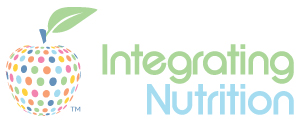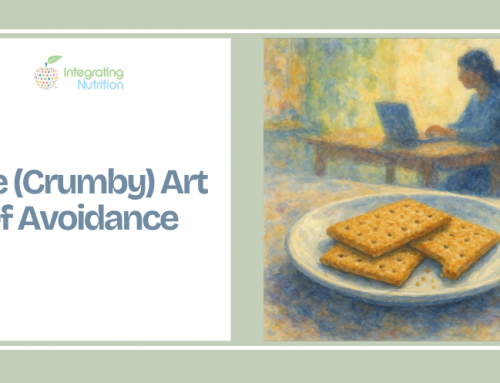4 Truths About Tackling Thanksgiving Dinner
Thanksgiving is upon us. For most Americans, the day revolves around the big turkey dinner, which can cause a lot of stress and anxiety for people working on their relationship with food and their bodies. The whole holiday is a food ritual, and there are many polarizing ideas about how to go about “tackling” the big meal. Some people try to go all day without eating to “save up” for dinner, others plan to eat as much as possible until they have to loosen their belts, and there are many others in between. Some see this as the start of an end of the year free-for-all until they “start over” and begin dieting, again, on January 1st. The purpose of this blog is to set the record straight on some of the most common Thanksgiving eating myths so that you can be less stressed, be present with your loved ones, and enjoy some delicious food without guilt.
Thanksgiving Myth #1 – You Should Avoid Eating During The Day To Make Room For Dinner
This is a strategy that many people employ when they are worried about how much they may eat at Thanksgiving dinner, thinking that they are saving up calories or making room in their stomachs for dinner. In reality, if you skip breakfast and lunch, you will wind up extremely hungry which sets up a loss of control around food when you finally get to eat. When you are ravenous, you pay less attention to your hunger and fullness cues, and are likely to eat a lot more than you normally would. Additionally, when people are extremely hungry they eat very quickly, which also causes you to bypass your normal fullness signals.
What we recommend is to eat your normal breakfast and lunch in a balanced way- with carbs, protein, fat and fiber- keeping you satisfied so by the time dinner rolls around, you are able to make the best choices that feel right for you in your body.
Thanksgiving Myth #2 – Your Health Will Be Ruined If You Overeat
A lot of people end up overeating on Thanksgiving and feel uncomfortable about this, mentally and physically. This can lead to a spiral of overeating that ends up lasting the entirety of the holiday season. If you do end up overeating and don’t feel so great, remember- your health isn’t determined by one meal on any particular day.
Thanksgiving Myth #3 – You Should Avoid “Unhealthy” Items At All Costs
A big reason why we love intuitive eating at Integrating Nutrition is because it removes “good” and “bad” labels from foods, and allows you to enjoy what you are craving in the moment. When you know that you can eat whatever you want, whenever you want, cake and cookies lose the allure of the forbidden. The technical term for this is called habituation.
If you don’t allow yourself to eat traditional thanksgiving foods that you love, this only further puts those foods on a pedestal and will leave you unsatisfied with your meal. True satiety is not only about feeling full, it’s also about feeling satisfied.
Thanksgiving Myth #4- The Truth About Tryptophan
And to answer probably the most popular myth, no, the tryptophan in turkey is not what makes you tired after Thanksgiving dinner. Tryptophan is a precursor for the sleep hormone serotonin, but turkey has just as much tryptophan as any other meat. If you’re able, enjoy the tiredness and the early night’s rest that can come after a meal with family and friends on a day off from work.
Happy Thanksgiving, Everyone!





